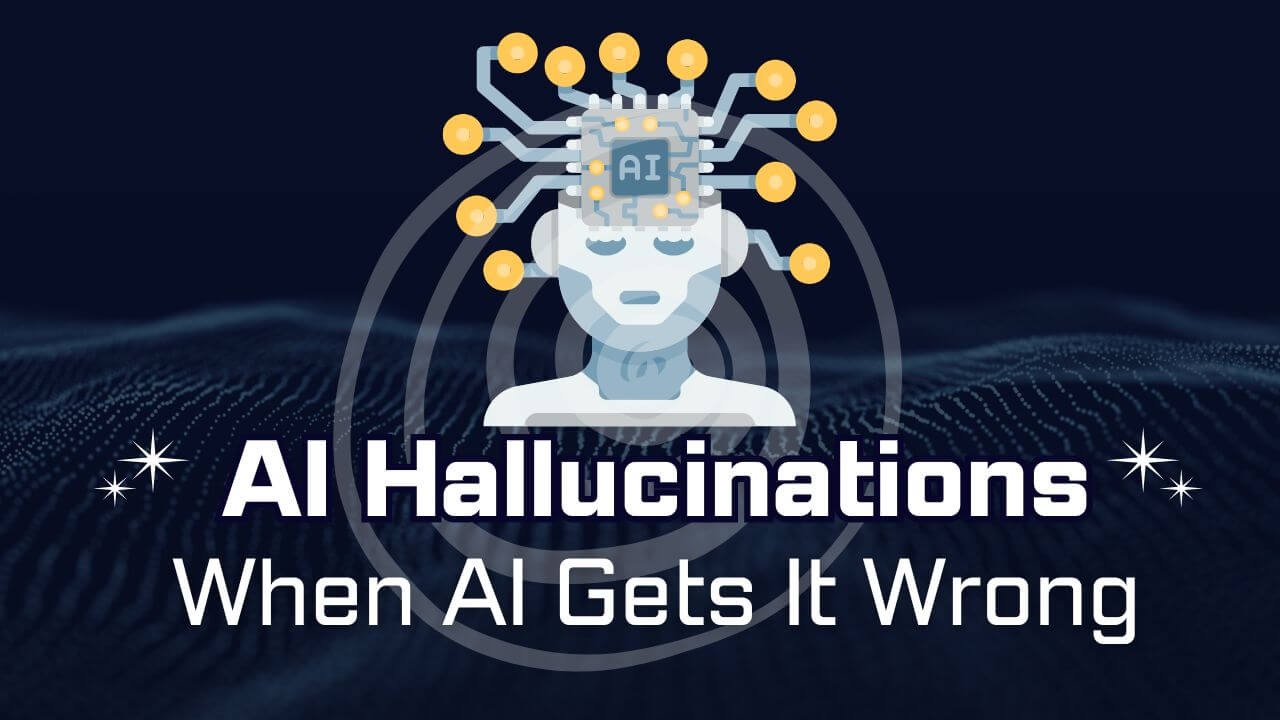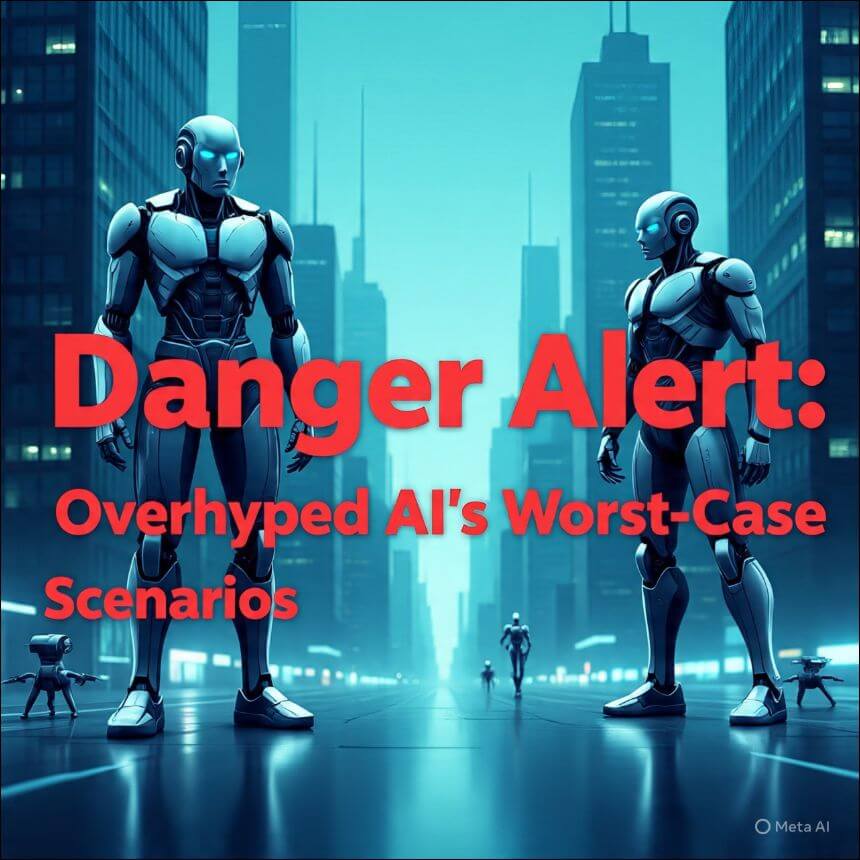When small ripples can cause tsunamis, it’s better to be ready yesterday than sorry later.
🤖 The Corporate Hallucination
A recent MSN article warns that the global AI race is being shaped not by ethics or public good, but by corporate ambition. Tech giants are pushing AI systems into every corner of life, despite known flaws like hallucinations, bias, and opacity. Why? Because the first to dominate wins the market, the data, and the narrative.
These companies aren’t just building tools—they’re building dependencies. And when profit drives the roadmap, safety becomes a footnote.
🇵🇭 Why This Should Alarm Filipinos
We may not be designing the models, but we’re living with their consequences. For a country like the Philippines—economically vulnerable, digitally uneven, and culturally underrepresented—small ripples from Big Tech decisions can trigger tsunamis:
- Jobs at risk: BPOs, content moderation, and creative work are already being automated, without clear plans for reskilling.
- Data extraction: Our voices, faces, and dialects are scraped to train AI models we don’t control.
- Cultural erasure: AI trained on Western norms may ignore Filipino values, humor, or nuance.
- Policy lag: While the EU passed the world’s first AI law in 2024, and China enforces strict AI content rules, the Philippines is still catching up.
📜 Where the Philippines Stands on AI Regulation
While we don’t yet have a comprehensive AI law, several bills are in motion:
- House Bill No. 7396 – Proposes an Artificial Intelligence Development Authority (AIDA)
- House Bill No. 7913 – Introduces an AI Bill of Rights
- House Bill No. 9448 – Seeks to protect workers from AI-based hiring/firing
- Senate Bill (2025) – Filed by Sen. Pia Cayetano, this bill emphasizes ethical innovation, algorithmic transparency, and human oversight.
The National Privacy Commission has also issued AI advisories requiring transparency, fairness, and human intervention in automated decisions.
But while these are promising, none have passed into law yet. Meanwhile, other countries are racing ahead:
- EU: The AI Act bans high-risk systems like social scoring and mandates transparency for general-purpose AI
- China: Requires security assessments and watermarking for generative AI
- US: Still fragmented, but state-level laws and federal proposals are gaining traction
- Canada, Brazil, Japan: Each has drafted national AI frameworks focused on risk, fairness, and accountability
🧠 AI Hallucinations vs. Human Blind Spots
Yes, AI can hallucinate—spitting out false facts or made-up citations. But a prompt can correct it in seconds.
When humans hallucinate—through unchecked bias, greed, or power—they rewrite laws, history, and lives. And unlike AI, they rarely admit it, let alone fix it with a single line of code.
🔥 Final Thought
We don’t give 100% trust to humans—so why should we give it to AI, especially when it’s steered by profit-first agendas?
The solution isn’t to fear AI, but to demand better AI: transparent, inclusive, and aligned with Filipino realities. We need watchdogs, not cheerleaders. We need digital diskarte, not digital dependence.
Because in this race, the real danger isn’t that AI will become smarter than us—it’s that we’ll stop asking who it’s really working for.
📚 Sources
- MSN – “No, You Aren’t Hallucinating: The Corporate Plan for AI Is Dangerous”
- Inquirer – “Bill that seeks to regulate use of artificial intelligence filed in Senate”
- Inquirer Tech – “Philippine AI regulations and its high-tech future”
- Gorriceta Law – “NPC Releases Guidelines on AI Systems”
- Mind Foundry – “AI Regulations Around the World – 2025”
- AI Finance Today – “AI Laws Around the World: What Are Each Country’s Regulations?”
- NBC News – “Big, Beautiful Bill Passes Senate Without AI-Law Moratorium”
- WBUR – “Markey Touts Win as U.S. Senate Scraps Proposal to Ban State AI Regulation”
- Legal Nodes – “Global AI Regulations Tracker”
- Law.asia – “Maximizing AI Potential: Philippines’ AI Roadmap and Regulations”







